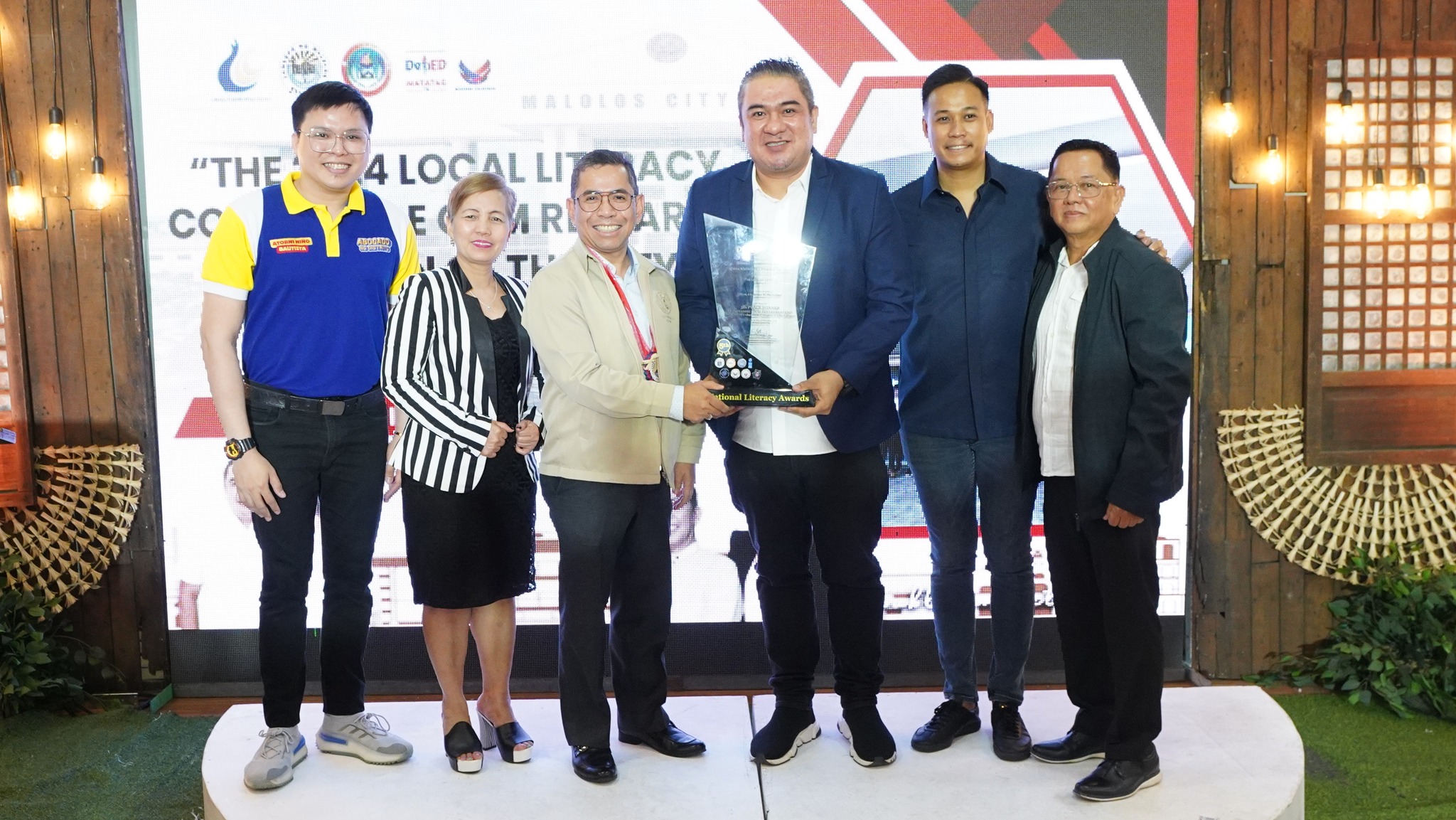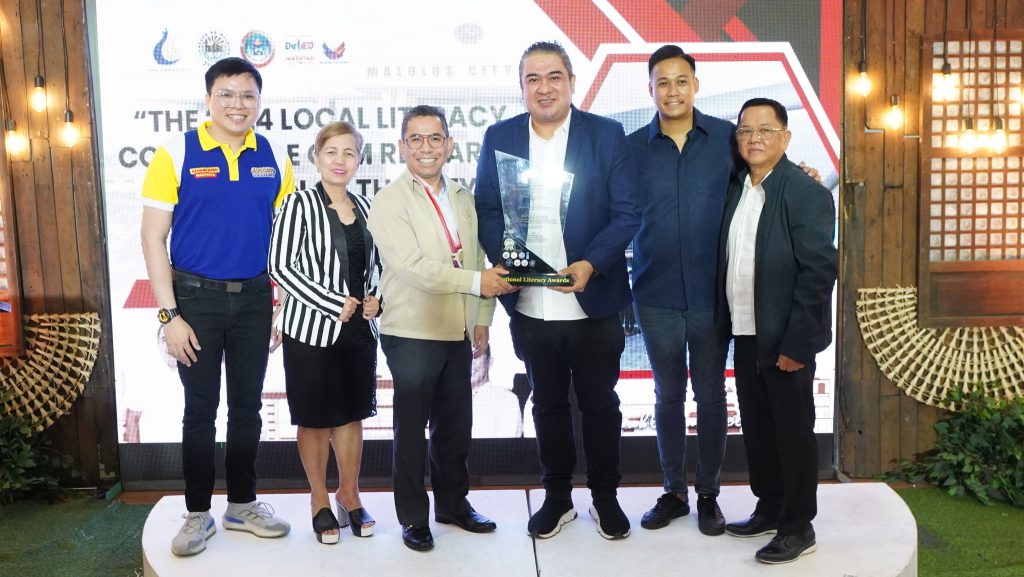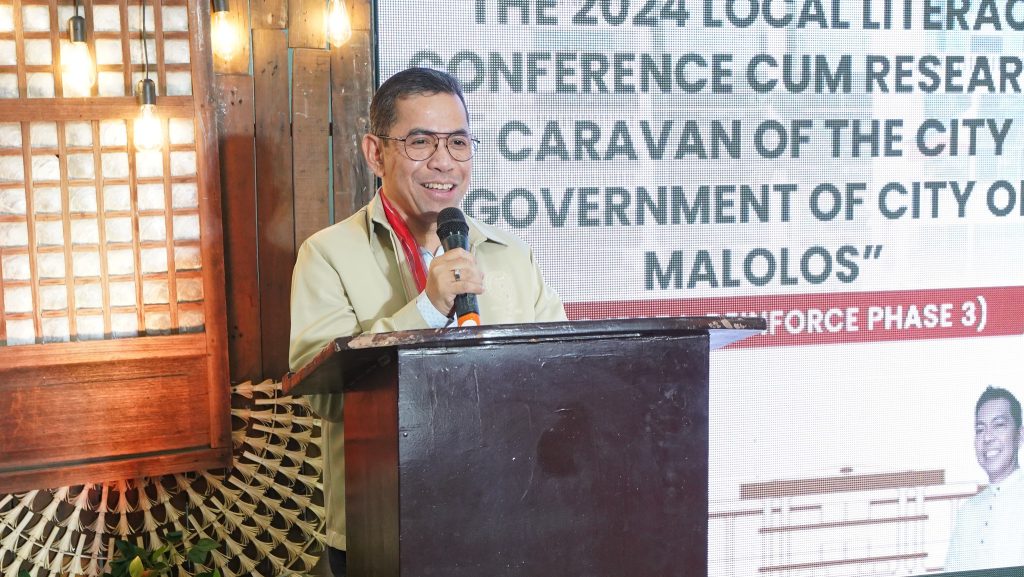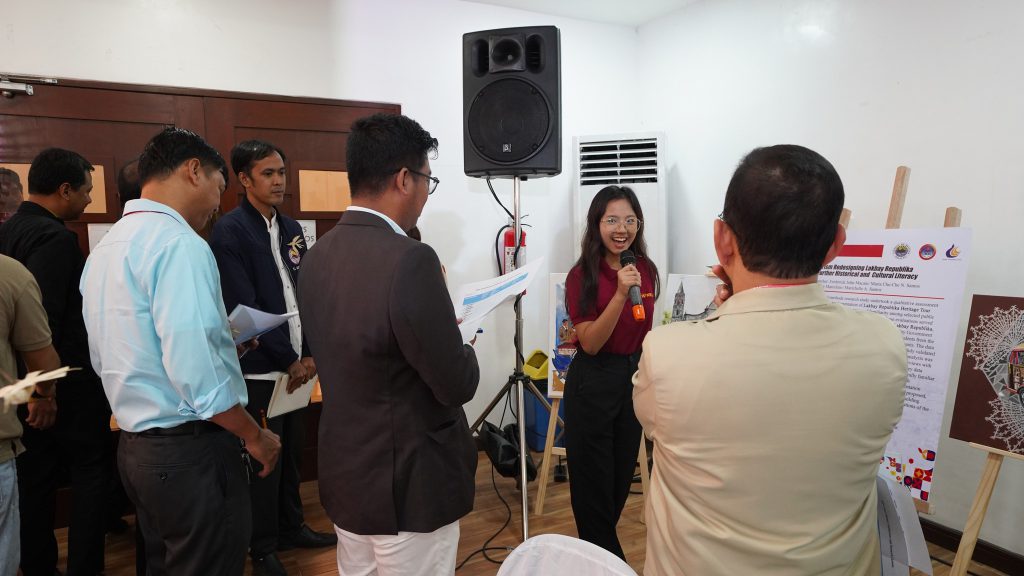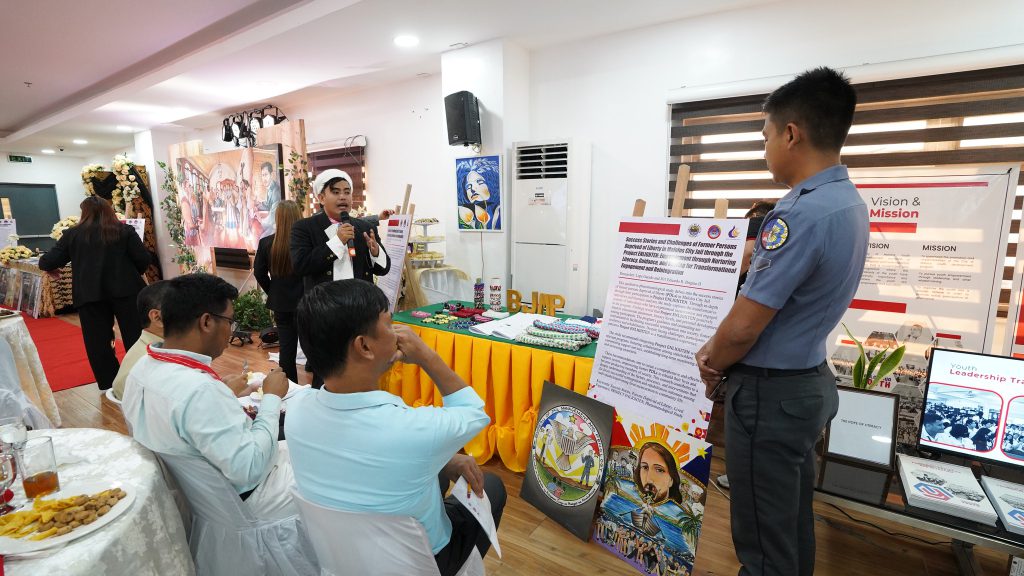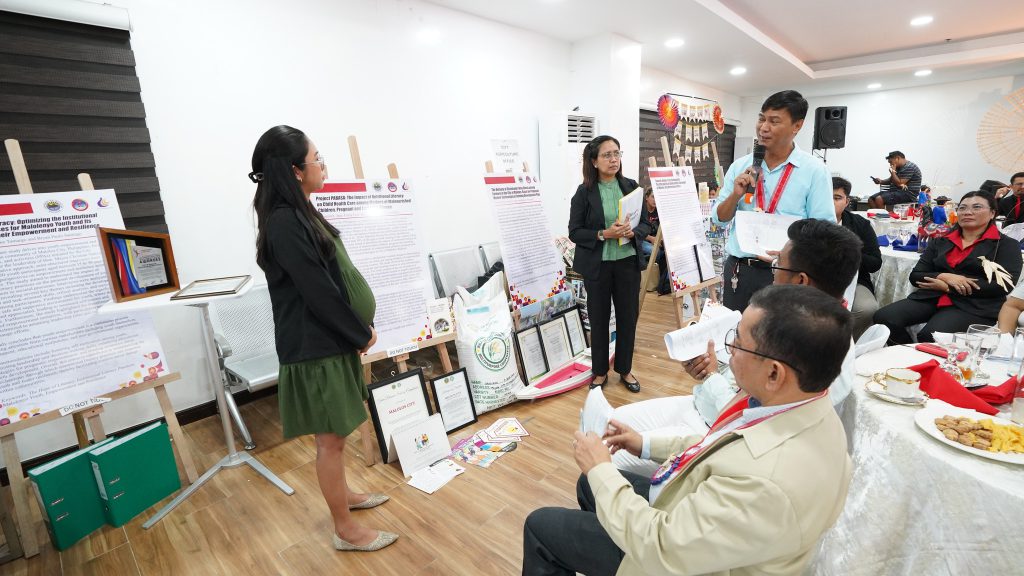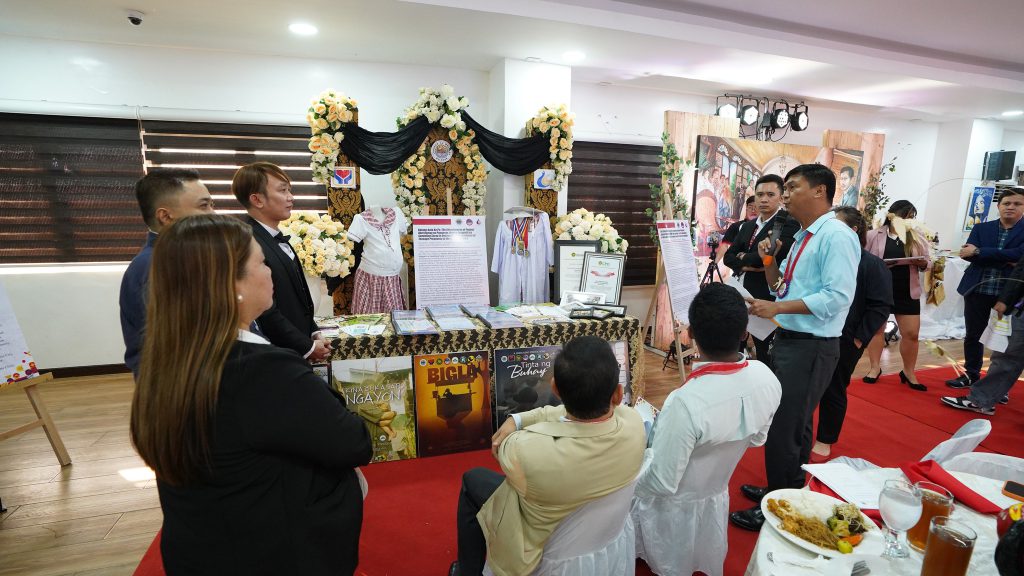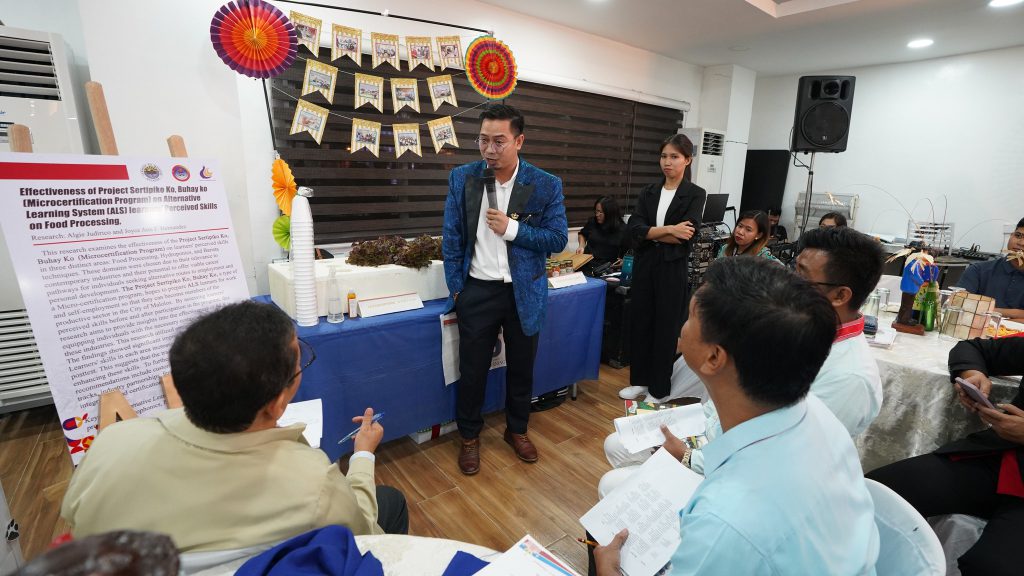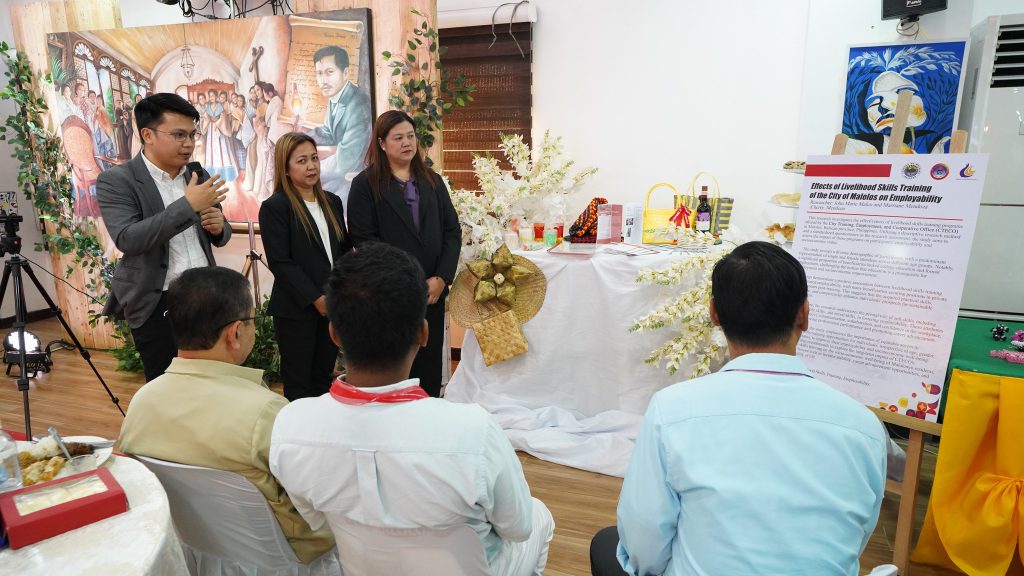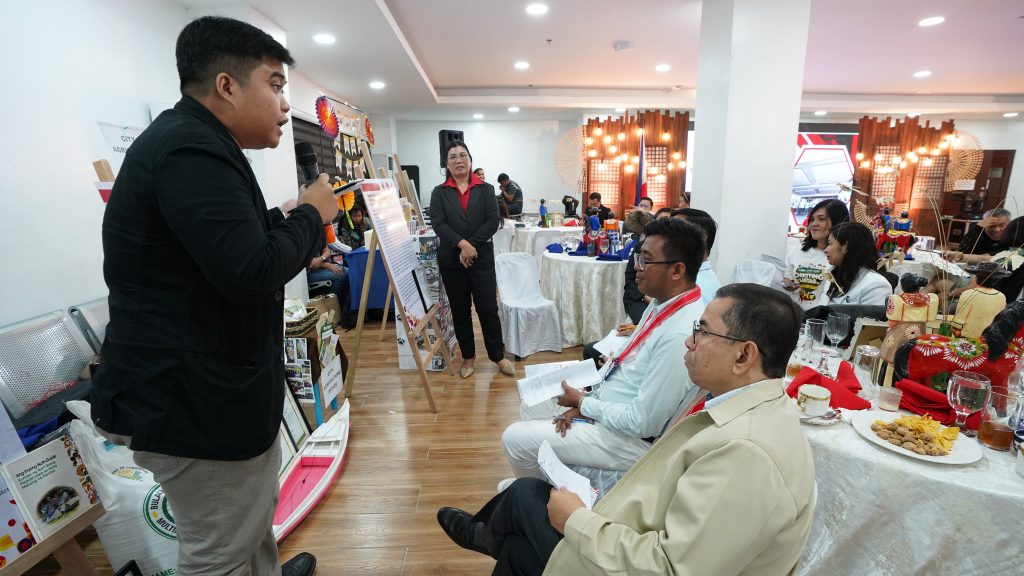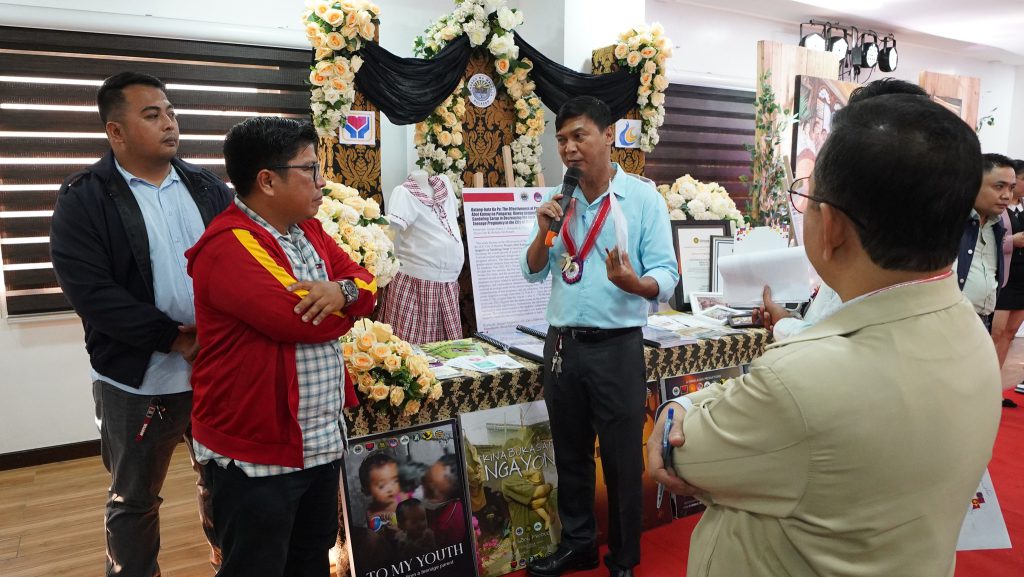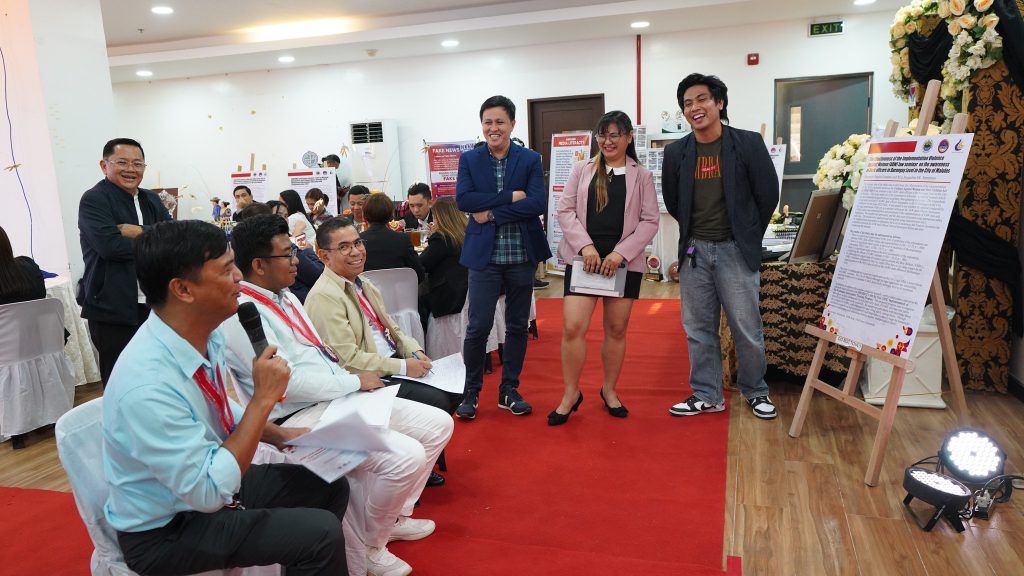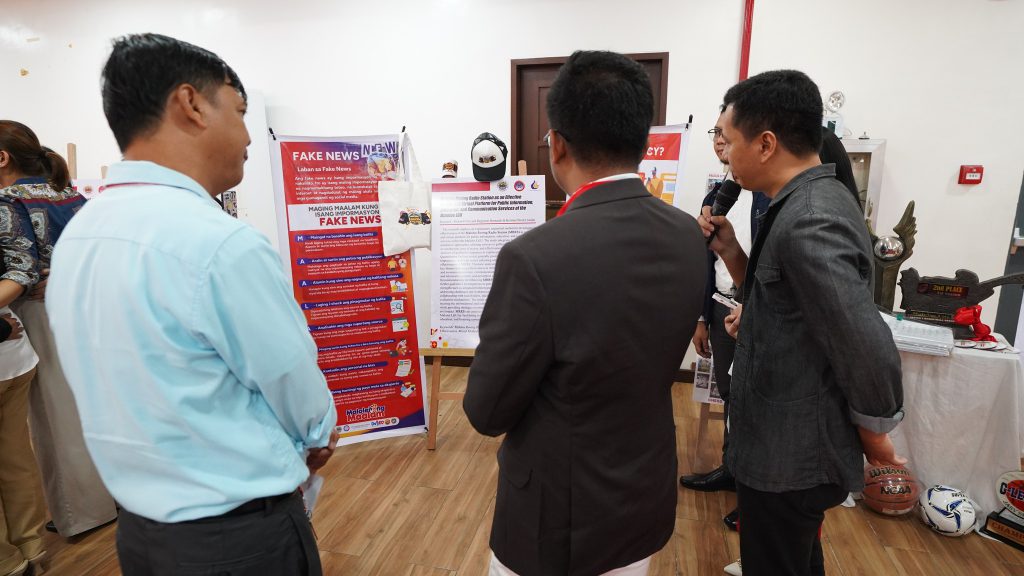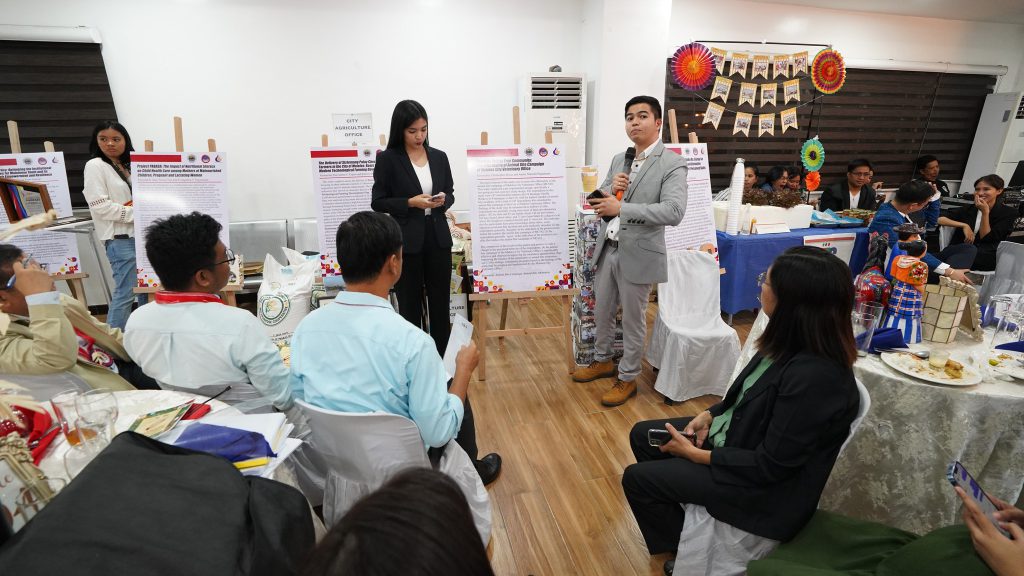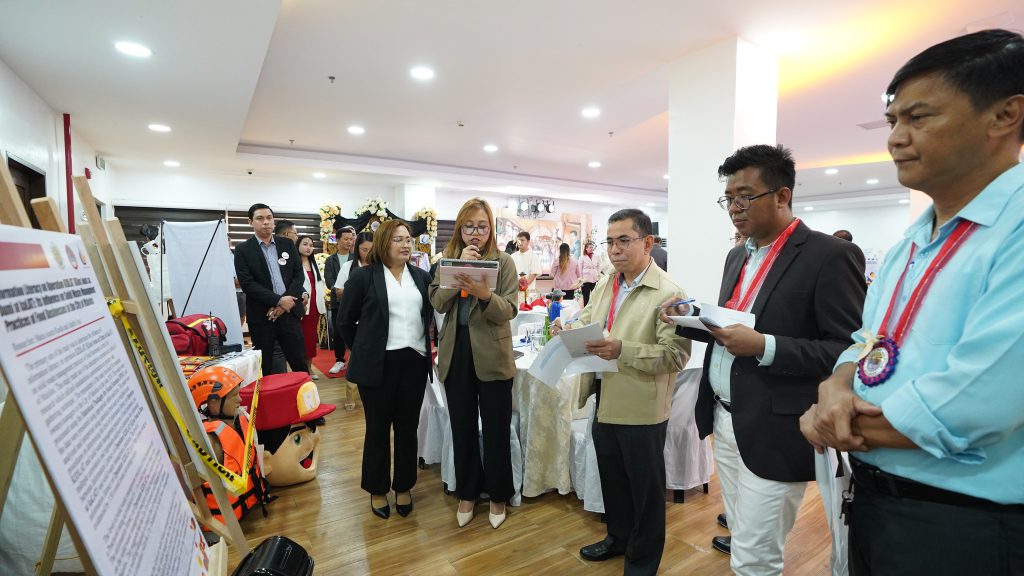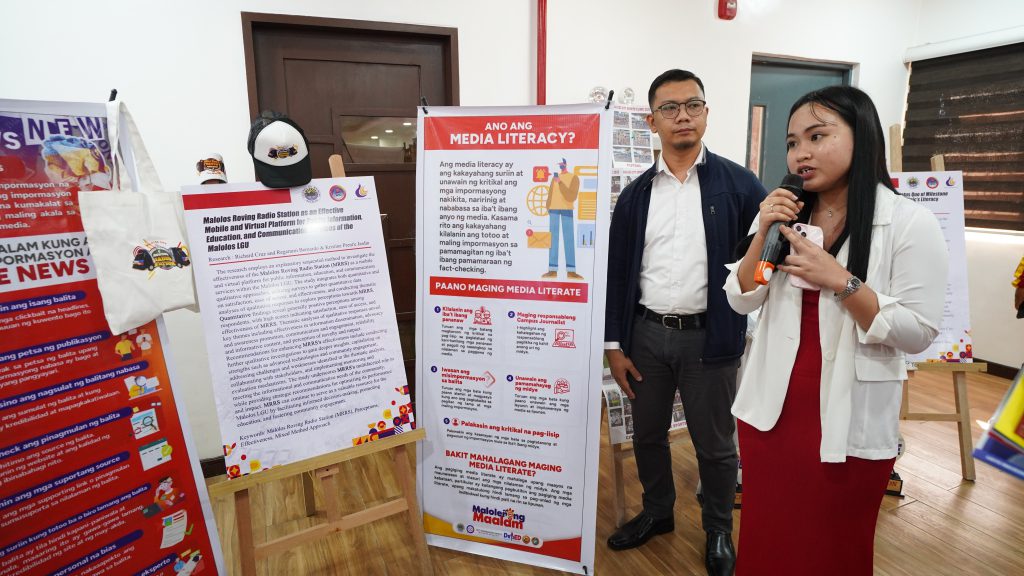Twice in a Row, LCC spreads Its Cause on National Television and Radio Programs
The Literacy Coordinating Council (LCC) member and representative participated in radio and TV guesting held last January 13 and 16, 2025, respectively.
LCC member representative, Mr. Juan Carlo Medina, Executive Director of Synergeia Foundation and one of the 2024 National Literacy Awards (NLA) Board of Evaluators (BOE) under Outstanding Local Government Unit (LGU) – 1st-3rd Class Municipality category guested in Radyo Pilipinas, Tinig ng Masa segment last January 13, 2025. Mr. Medina explained that the LCC’s function is like a Sanggunian, crafting policies to enhance the literacy rate in the country, which the government implements. The LCC also encourages LGUs to participate in the NLA by submitting their entries. In 2024, shortlisted regional entries in the national selection committee were validated over five weeks.
The BOEs meticulously evaluated the projects and programs of LGUs in the top five per category namely: Outstanding Literacy Program, Highly Urbanized Cities (HUCs) and Independent Component Cities (ICCs), Component Cities, 1st-3rd Class Municipalities, and 4th-6th Class Municipalities. Validation involved interviews with beneficiaries, program managers and implementers to verify the entries’ authenticity and effectiveness.
Mr. Medina proudly shared the winners of the 2024 NLA:
- Outstanding Literacy Program category: Integrated Child’s Rights and Literacy Development by Stairway Foundation, Inc.
- Highly Urbanized Cities and Independent Component Cities category: Butuan City and Valenzuela City
- Component City category: Sorsogon City
- 1st-3rd Class Municipality category: Bacnotan, La Union
- 4th-6th Class Municipality category: Kauswagan, Lanao del Norte
He highlighted that the NLA is held biennially and recognizes the efforts of LGUs in addressing literacy challenges. The process begins with LGUs filling out nomination forms and submitting them to DepEd Regional offices, which screen and forward the top five entries per category to the LCC Secretariat subject for validation.
Mr. Medina emphasized the importance of collaboration in literacy initiatives. He advised LGUs to showcase measurable outcomes and community involvement in their programs, as these aspects are crucial for validation by the BOEs. The LCC encourages LGUs to localize its initiatives and provides a repository of best practices on its website and Facebook page, enabling other communities to replicate successful literacy projects.
Regarding the challenges faced during judging, Mr. Medina noted the diversity of projects across sectors. The BOEs focused on measurable results, such as pre- and post-test data, and conducted interviews with stakeholders and beneficiaries to assess the projects’ impact. Ultimately, the evaluation centered on the tangible improvements brought about by each initiative.

On January 16, 2025, LCC member Congressman Roman Romulo, Chairperson of the Committee on Basic Education and Culture from the House of Representatives guested on PTV’s Rise and Shine Pilipinas. Below are the salient points from his TV guesting:
Status of Education in the Philippines
Congressman Romulo provided an overview of the current state of education, noting the establishment of Education Commission – EDCOM 2 in recent years to improve the quality of education. This initiative is a collaboration among the Senate, the House of Representatives, and the Department of Education (DepEd). He acknowledged that while many laws and regulations have already been created to reform the education sector, some changes require more time to see their full impact.
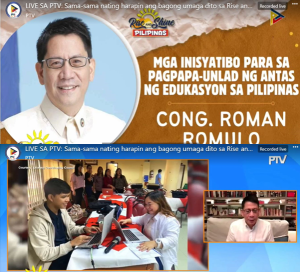
Contributions to the Education Sector
As a government official, Congressman Romulo shared his efforts to improve education in the Philippines, focusing on the following:
- Competency Reduction: He emphasized the need for DepEd to streamline learners’ competencies, shifting the focus to basic and functional literacy, including reading comprehension, basic mathematics, sciences, and Good Manners and Right Conduct (GMRC).
- Functional Literacy: He stressed that reading comprehension is more than just the ability to read; it involves understanding the text. He remarked that Filipinos are naturally intelligent but need support to strengthen their reading comprehension skills.
- Cyberbullying and Mental Health: Congressman Romulo highlighted President Marcos’ signing of a law to promote students’ mental health. He noted the addition of teaching and non-teaching personnel, including guidance counselors in DepEd to support mental health initiatives and ensure students receive the necessary guidance to strengthen their moral fiber.
The Literacy Coordinating Council
Congressman Romulo explained the role of LCC in promoting literacy in the country:
- Mandate: Under RA 9155, DepEd is tasked with forming national education policies that cover both formal and non-formal education. The law was amended in 2010 to prioritize local communities, aiming to achieve universal literacy by ensuring every Filipino attains basic and functional literacy at the community level.
- Programs and Initiatives: LCC prepares programs that encourage LGUs to improve literacy levels in their localities. One key initiative is recognizing LGUs’ best practices in literacy through awards. These efforts aim to showcase and encourage the replication of successful programs that promote literacy either in arts, culture, history, or any in other aspect.
- Collaboration with LGUs: Congressman Romulo highlighted LCC’s efforts to support and celebrate LGU initiatives that contribute to the literacy landscape. By sharing best practices, the Council aims to inspire other communities to implement similar programs.
Congressman Romulo concluded by emphasizing that the LCC remains committed to its mission of advancing literacy and education in partnership with LGUs and other stakeholders.

